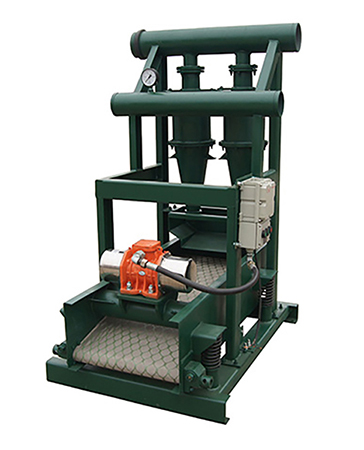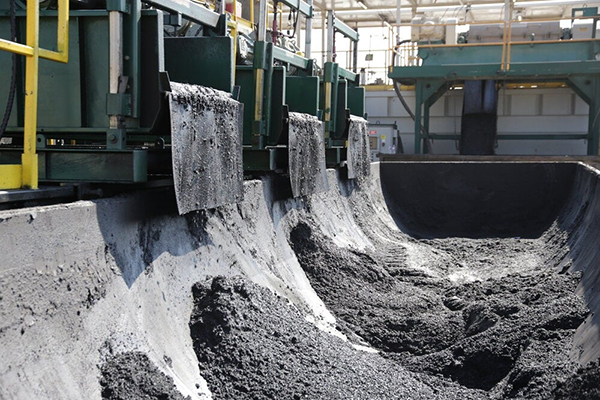Our Solutions
NDD Mud and Drilling Fluid & Drill Mud Recycling
NDD (Non-Destructive Digging) Mud and Drill mud, also known as drilling mud or drilling fluid, are a crucial component in a range of drilling applications, from oil and gas exploration to geotechnical drilling. It serves various purposes, including lubricating the drill bit, carrying drill cuttings to the surface, cooling and cleaning the drill bit, and providing stability to the wellbore.
However, NDD mud and drilling Fluids can become contaminated with solids, oil, and other contaminants during the drilling process. These contaminants can affect the performance of the drilling fluid and may also pose a risk to the environment.
Drill mud recycling involves the reconditioning and reuse of the drilling fluid, aiming to extend its lifespan and minimize waste. Drill mud recycling is the process of treating contaminated NDD mud and drilling Fluids to remove contaminants and recover reusable components. The recycling process typically involves a combination of mechanical, chemical, and biological treatments to separate and remove contaminants.
Mechanical Treatment
Mechanical treatment in drill mud recycling involves the use of mechanical equipment and processes to separate, remove, or modify components within the drilling fluid. This is typically done to recover usable components, such as the drilling fluid itself, and to manage the solid cuttings and contaminants ans also remove large particles and improve the efficiency of subsequent treatments.
One of the initial steps in recycling is the separation of drill cuttings from the used mud. This can be done using shale shakers or other mechanical separation devices.
Desanding and desilting equipment are used to remove sand and silt particles from the drill mud. This process helps in maintaining the fluid’s properties and preventing abrasion on drilling equipment.
Centrifuges may be employed to further separate solids from the liquid phase. Centrifuges use centrifugal force to accelerate the settling of solids, facilitating their removal.


Chemical Treatment
Chemical treatment involves adding chemicals to the drilling fluid to remove contaminants such as oil, heavy metals, and other pollutants. The chemicals can react with the contaminants and convert them into harmless compounds that can be safely disposed of.
Chemical additives may be introduced to enhance the performance of the drill mud. This can include pH adjustment, viscosity control, and the addition of conditioners or flocculants to aid in solid-liquid separation.
Biological Treatment
Biological treatment in drill mud recycling involves the use of microorganisms to break down organic components and contaminants in the drilling mud and fluid, with the aim of reducing contaminants and promoting the reuse of the mud. While biological treatment is more commonly associated with wastewater treatment, it can also be applied to certain aspects of drill mud recycling.
While biological treatment is not the primary method used in most drill mud recycling processes, it can be a valuable complementary approach, particularly for the degradation of organic compounds. Biological treatment may take longer compared to some other methods, and the treatment time can be influenced by factors such as the type and concentration of contaminants.
Some benefits of drill mud recycling
Cost Savings
Recycling drill mud can lead to significant cost savings by reducing the need for fresh mud and the associated procurement and disposal costs.
Environmental Sustainability
Recycling minimizes the environmental impact associated with the disposal of used drill mud and reduces the demand for raw materials used in the formulation of new drilling fluids.
Efficient Resource Utilization
By reusing drilling fluid, operators can make efficient use of resources, including water and various additives used in the formulation of the mud.
Reduced Waste Generation
Recycling minimizes the volume of waste generated from drilling operations, contributing to waste reduction, and improved environmental stewardship.
Consistent Performance
Proper recycling and reconditioning ensure that the drill mud maintains consistent performance characteristics, contributing to efficient drilling operations.
At AIMEQUIP, we specialize in NDD Mud and Drilling Fluid & Drill Mud Recycling. We offer a range of technologies and services to help you effectively manage your waste streams and ensure compliance with environmental regulations. Our team of experts can help you select the right recycling technology for your application, provide installation and maintenance services, and ensure that your operations are operating efficiently and cost-effectively. Contact us today to learn more about our NDD Mud and Drilling Fluid & Drill Mud Recycling solutions.
